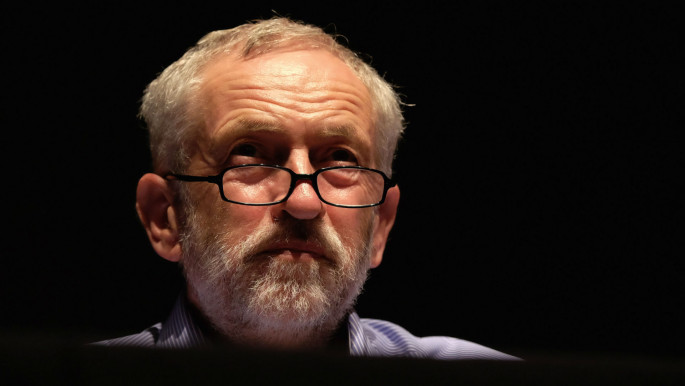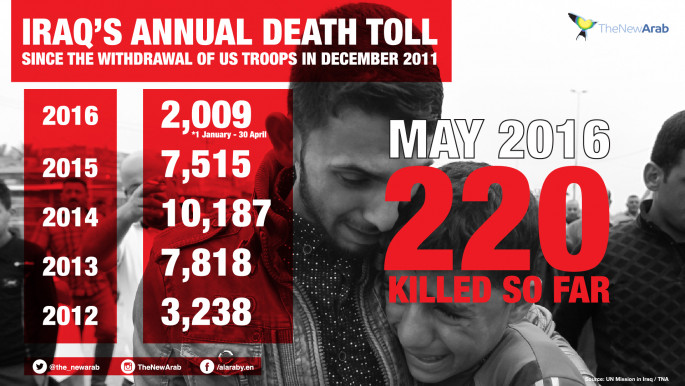Chilcot inquiry to deliver 'brutal' Tony Blair verdict
Speaking to the Sunday Times, a source close to the investigation said that Blair would "not be let off the hook" for an alleged secret agreement made with former US President George W Bush a year prior to the invasion.
The source also claimed that the report would deliver its most damning critique to former British foreign secretary Jack Straw.
"It will be absolutely brutal for Straw," they told the Sunday Times, a paper owned by Rupert Murdoch, whose media empire was one of the most influential global cheerleaders for the 2003 war.
This news may come as a relief to opponents of Britain's decision to go to war, who have waited more than seven years for the Chilcot report to be written and published. The findings of the inquiry, which began under Gordon Brown's premiership in 2009, are set to be released in a 2.6 million-word document on July 6.
Further proceedings
If, as the source suggests, Blair is found to have made a secret agreement with President Bush about the decision to invade, some members of parliament may seek to revive efforts to impeach the former prime minister, or even take him to the International Criminal Court.
The Labour Party, which Blair led for almost 13 years, is currently under the leadership of veteran left-winger Jeremy corbyn, a stalwart of the anti-war movement and a long-standing critic of the former prime minister.
 |
|
| Current Labour leader Jeremy Corbyn has stuck by his statement about the possibility of taking Tony Blair to the International Criminal Court [Getty] |
Corbyn has said that Blair should stand trial for war crimes if he was found to have committed any wrongdoing, and on Sunday a Labour spokesman confirmed that the Labour leader stands by this statement.
It is also thought that former Scottish National Party leader Alex Salmond is testing the waters among British parliamentarians to see whether calls for an impeachment may be revived.
"If, as I believe... Chilcot finds that there was a prior commitment from Blair to [George W] Bush at Crawford ranch in 2002, that would provide the reason for pursuing the matter further," Salmond told The Times last week.
Post-Saddam failings
As well as looking into the decision to go to war, which Blair justified with the claim that former Iraqi dictator Saddam Hussein possessed weapons of mass destruction, the inquiry will also appraise the failings of the post-invasion plan.
"The report will say that we really did make a mess of the aftermath," the Sunday Times' source continued.
"We sent in inexperienced people. People were put in positions where they couldn't succeed. We didn't quite know what we were doing. After the invasion we found it very much more difficult than we had expected."
 |
|
The invasion of Iraq is widely thought to be the largest contributing factor to many of the troubles faced by the country today. The Islamic State group, which holds territory and operates with impunity around Iraq, has recruited many former regime loyalists, including weapons experts and scientists.
In 2014, David Miliband, a former Blair apprentice and policy adviser, admitted a degree of British responsibility for Iraq's current state. "It's clearly the case that the invasion of Iraq, or more importantly what happened afterwards, is a significant factor in understanding the current situation in the country," he said.
No surprises
Due to the Maxwellisation process, Blair will already have been made familiar with the criticisms directed towards him in the report, allowing him to respond to its findings before it is published.
The former prime minister and Middle East envoy issued a partial apology for his involvement in Iraq in an interview with CNN in 2015:
"I can say that I apologise for the fact that the intelligence I received was wrong. I also apologise for some of the mistakes in planning, and certainly, our mistake in our understanding of what would happen once you removed the regime."



